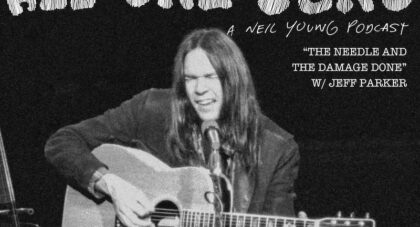Los Angeles, we are pleased to share word of Aquarium Drunkard Transmissions live at the storied Philosophical Research Society in Los Feliz on Saturday, September 30th with Matt Marble, author of Buddhist Bubblegum: Esotericism in the Creative Process of Arthur Russell . . .
Only the good shit. Aquarium Drunkard is powered by its patrons. Keep the servers humming and help us continue doing it by pledging your support.
To continue reading, become a member or log in.


